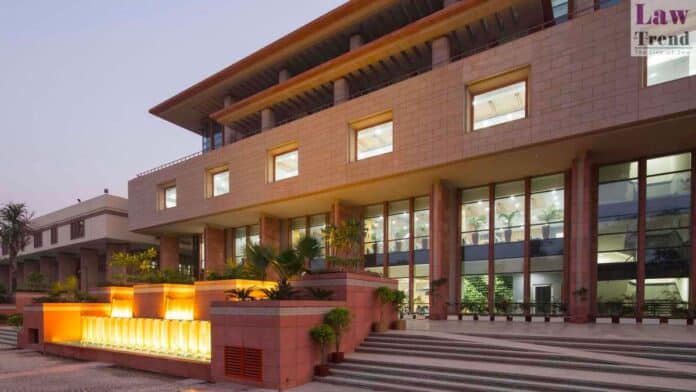The Delhi High Court, in a strongly worded decision, dismissed an appeal filed by Jan Chetna Jagriti Avom Shaikshanik Vikas Manch and its office bearers, ruling that litigants cannot blame their lawyers for delay in filing legal appeals. Justice Girish Kathpalia observed that “An educated litigant is expected to keep a track of his litigation.
To Read More Please Subscribe to VIP Membership for Unlimited Access to All the Articles, Download Available Copies of Judgments/Order, Acess to Central/State Bare Acts, Advertisement Free Content, Access to More than 4000 Legal Drafts( Readymade Editable Formats of Suits, Petitions, Writs, Legal Notices, Divorce Petitions, 138 Notices, Bail Applications etc.) in Hindi and English.




